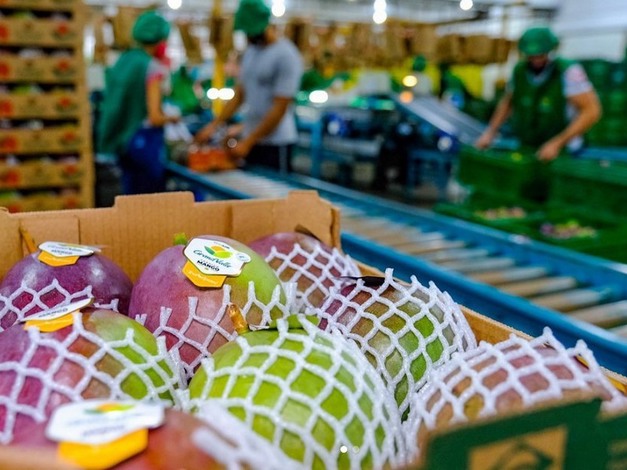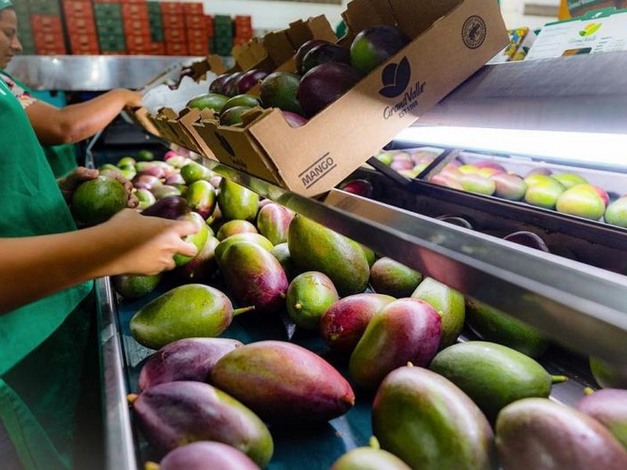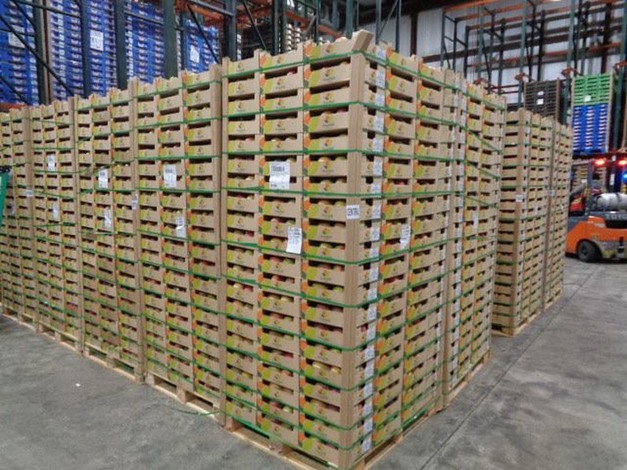Due to the great domestic and international demand for Brazilian mangoes and intense heat, supplies have been running low lately as producers and exporters sought to fill higher orders. According to Guilherme Secchi, logistics manager of GrandValle Agro in Brazil “Prices remain high, with strong demand from both domestic and export markets. However, supply is currently limited, and our export volume has fallen by half in recent weeks.”

GrandValle are growers and exporters of mangos who provide a strong internal market supply. They are based in the municipality of Casa Nova, in the state of Bahia in the North-East region of Brazil. “We also do a lot of mango by boat and air. Our main market for exports are Europe, US, South Korea, Chile, Argentina and Uruguay.”
Secchi says with other mango exporting countries struggling this year, Brazil is happy to serve a key market like the US where the demand has been high. “We typically ship until week 42 to the US market. However, with strong prices and high demand, we extended our shipping this year to week 46. There are still exporters who continue to ship to the US, and as far as I know, the market remains good.”

The El Niño weather phenomenon led to a warmer winter meant there was very little flowering on Peru’s mango trees, leading to less fruit growing and a substantially lower harvest. The lower mango volumes in Brazil are due to intense heat, says Secchi. Importers in Europe say that, due to this heat, there could potentially be a big shortage of mangoes from Brazil that are expected from the end of December and from the beginning of January onward.

“We did not experience issues with rain, rather, it was the intense heat that, I believe, hastened the growth of the plants. Furthermore, what led to the low mango supply were the poor prices last year; almost no one wanted to produce to have enough supply available for this window this year. It also happened that competing countries suffered from the weather and did not produce. This generated high demand and a low supply of mangoes in general,” explains Secchi.
For more information:
Guilherme Secchi
GrandValle Agro
Tel: +55 879 991 94949
Email: [email protected]
